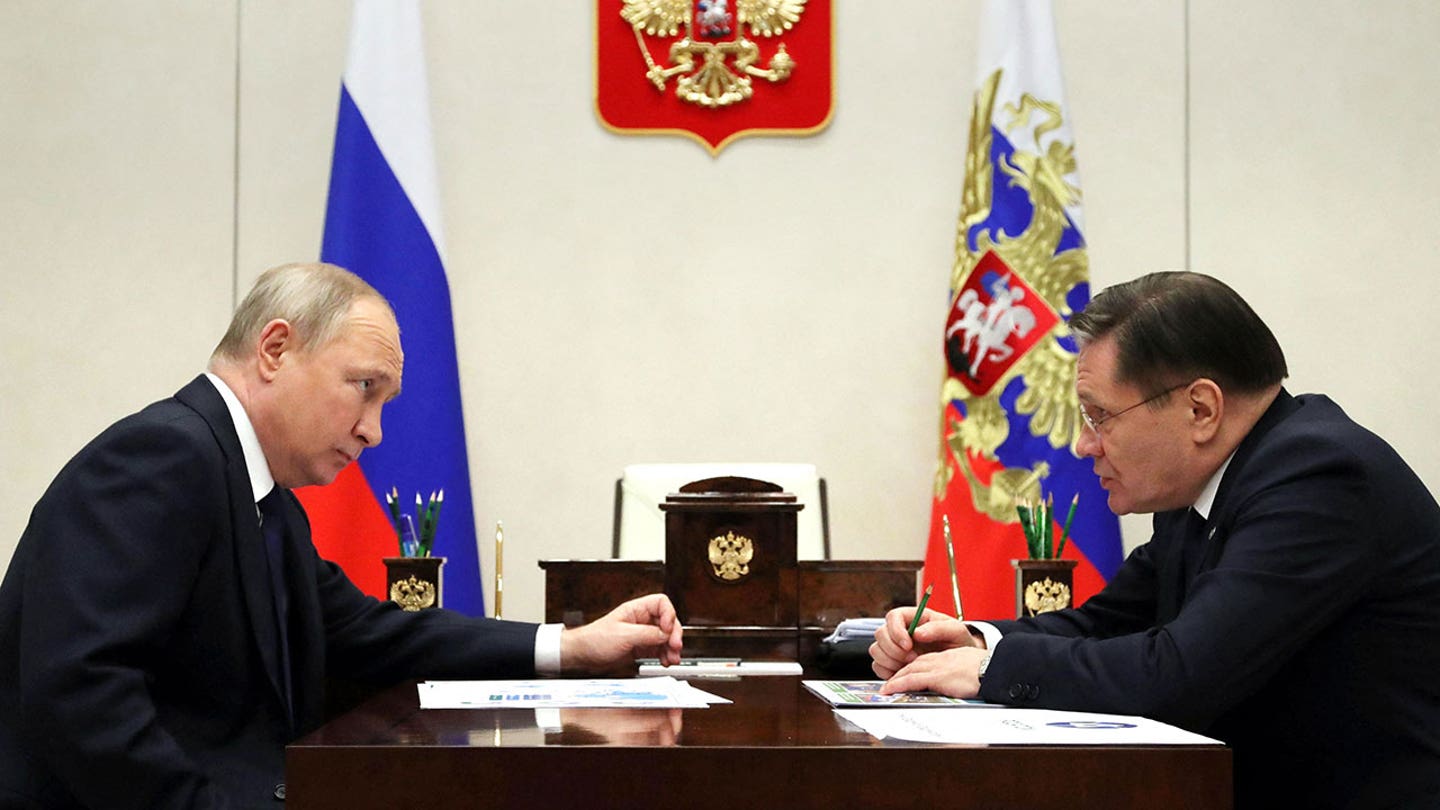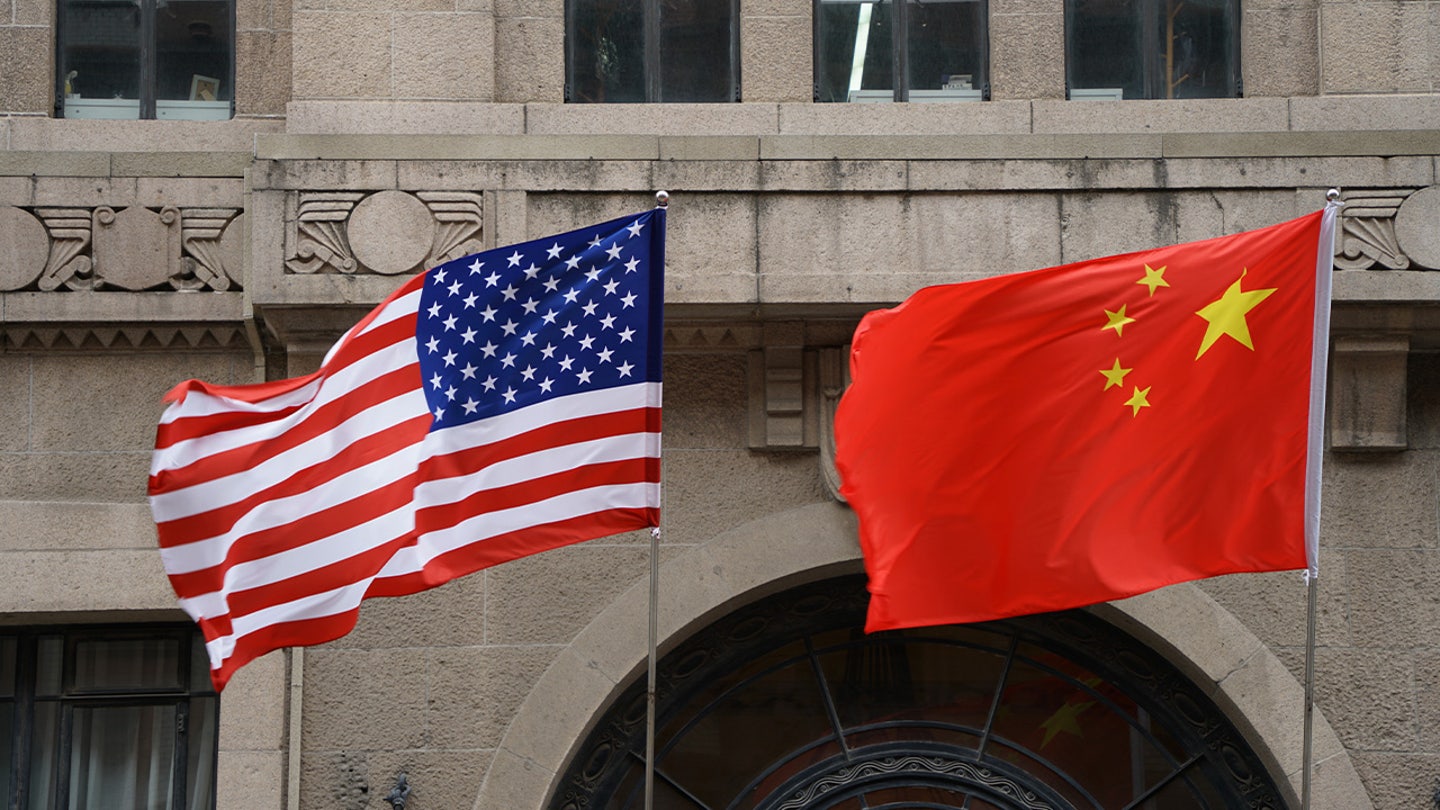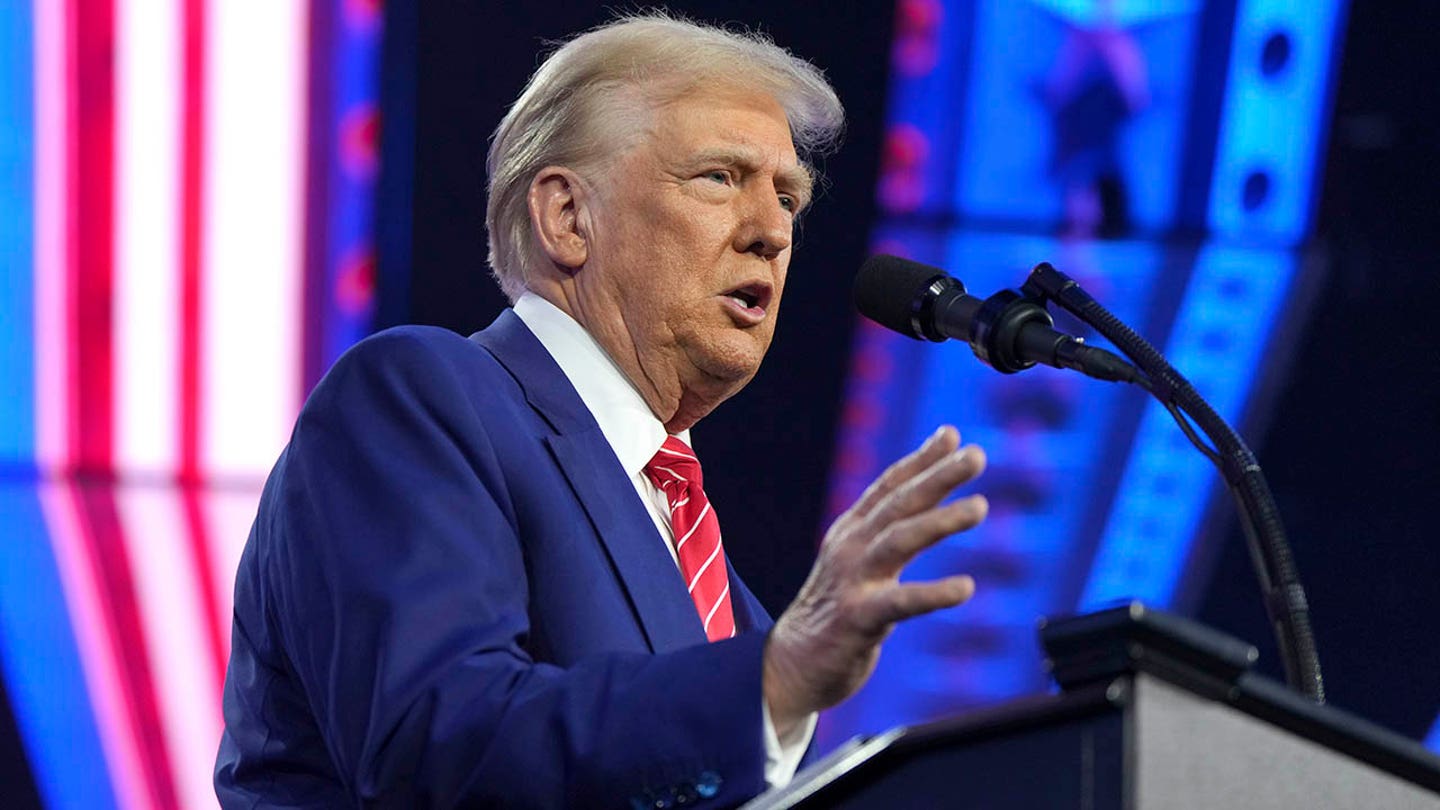Entities mentioned:
- Cracker Barrel Old Country Store: Ambition, Competitive spirit, Recognition
- Cracker Barrel CEO: Ambition, Professional pride, Influence
- Article Author: Expertise, Professional pride, Duty
Article Assessment:
Credibility Score: 65/100
Bias Rating: 55/100 (Center)
Sentiment Score: 35/100
Authoritarianism Risk: 20/100 (Strongly Democratic)
Bias Analysis:
The article presents a balanced view, incorporating both the company's perspective and customer reactions. However, the author's personal experience and expertise slightly skew the narrative towards criticism of the rebranding effort.
Key metric: Consumer Sentiment
As a social scientist, I analyze that this article highlights a significant shift in Cracker Barrel's branding strategy, which has resulted in negative customer feedback. The rebranding effort, including logo changes and interior renovations, appears to have alienated long-time loyal customers who valued the restaurant's nostalgic appeal. This situation exemplifies the risks associated with corporate rebranding when it fails to consider the emotional connection customers have with a brand's established identity. The author, positioning themselves as a customer loyalty expert, argues that prioritizing new customer acquisition over maintaining existing customer relationships can be detrimental to a company's success. This case study of Cracker Barrel's rebranding serves as a cautionary tale for other businesses, emphasizing the importance of preserving brand authenticity and valuing loyal customers in corporate strategy.











